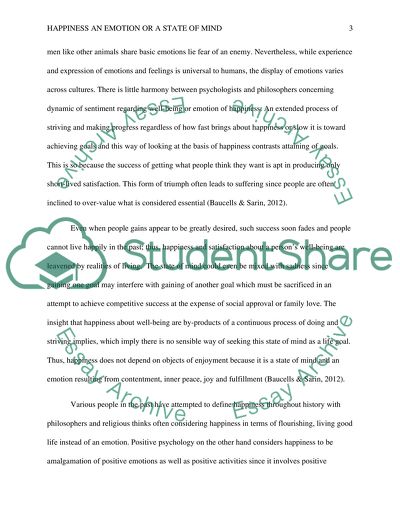Cite this document
(“Is happiness an emotion or a state of mind: an examination Research Paper”, n.d.)
Retrieved from https://studentshare.org/sociology/1481578-is-happiness-an-emotion-or-a-state-of-mind-an
Retrieved from https://studentshare.org/sociology/1481578-is-happiness-an-emotion-or-a-state-of-mind-an
(Is Happiness an Emotion or a State of Mind: An Examination Research Paper)
https://studentshare.org/sociology/1481578-is-happiness-an-emotion-or-a-state-of-mind-an.
https://studentshare.org/sociology/1481578-is-happiness-an-emotion-or-a-state-of-mind-an.
“Is Happiness an Emotion or a State of Mind: An Examination Research Paper”, n.d. https://studentshare.org/sociology/1481578-is-happiness-an-emotion-or-a-state-of-mind-an.


